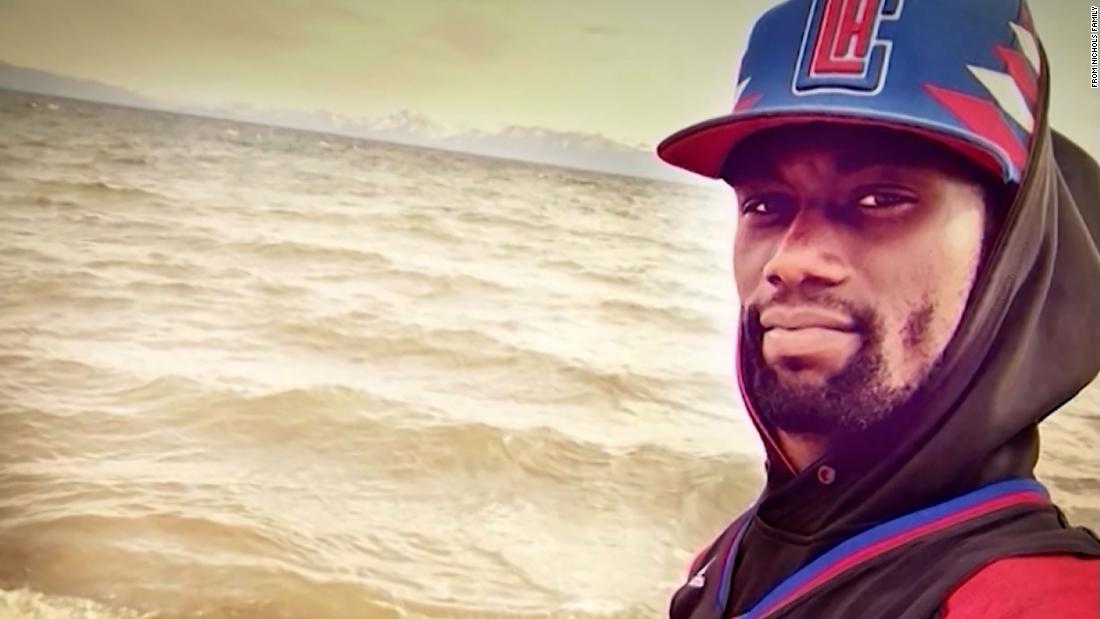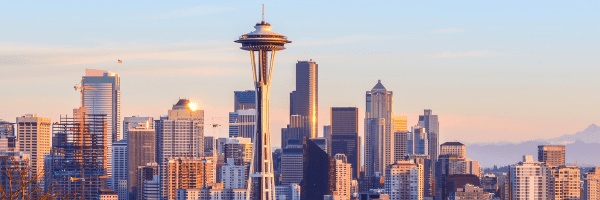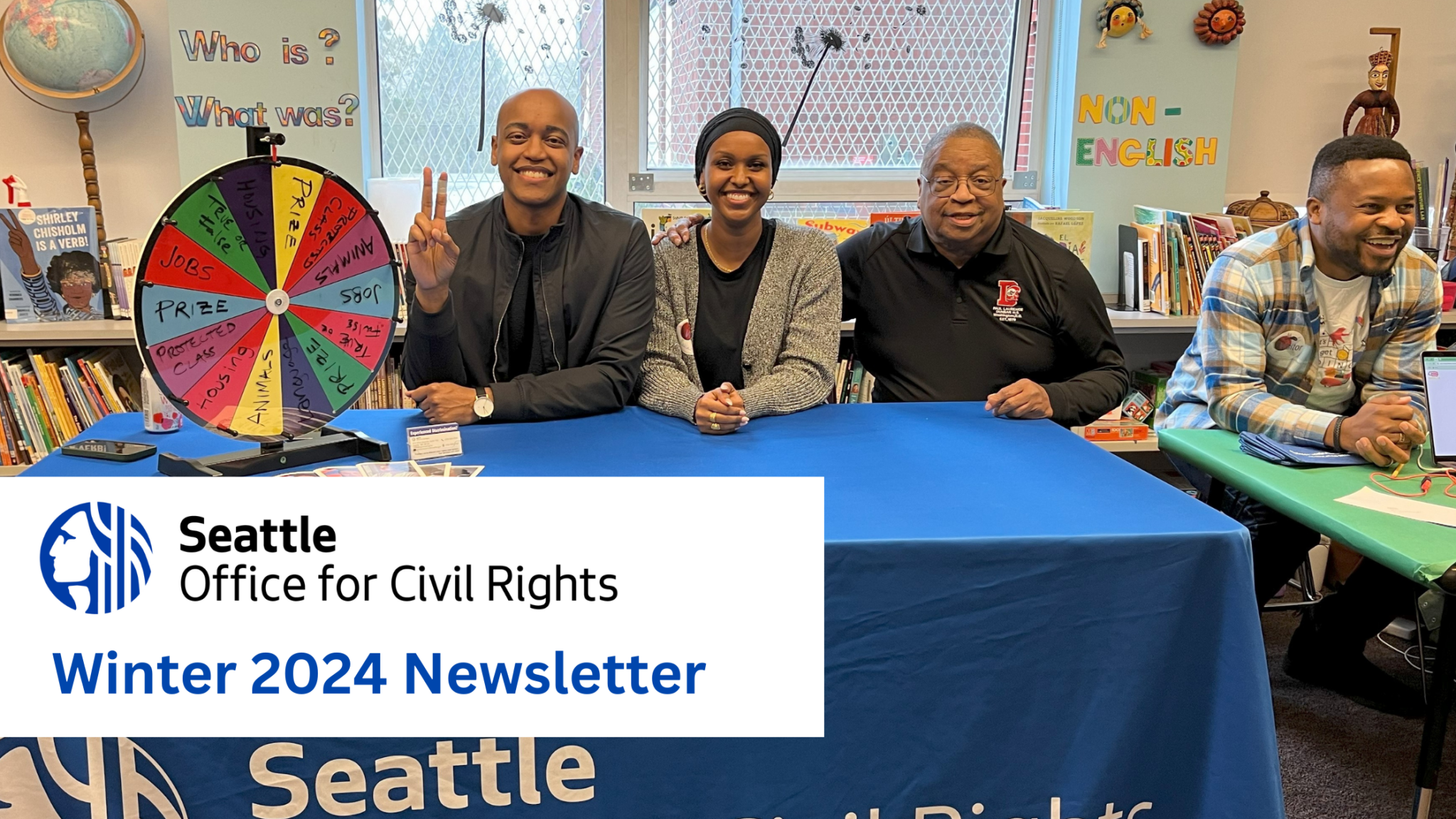
A statement from Seattle Office for Civil Rights Director Derrick Wheeler-Smith on the murder of Tyre Nichols at the hands of the Memphis Police Department.
We are deeply saddened and extend our deepest condolences to Tyre Nichols’ family and friends. This is a pain that no human should feel but has become all too familiar in this country.
America doesn’t have a great track record responding to the plight of Black people in times of crisis. We have seen far too often how the lust to punish Black criminality – to inflate and pathologize it – wins out over all else. The question for America now is whether it can sympathize with people suffering through trauma, whether it can design solutions to address them in a holistic way, or whether it will default to its position of comfort, convenience, and power to punish, destroy, and defend.
Make no mistake – the five Black police officers who brutally beat a young Black man, Tyre Nichols, so badly that he died 72 hours later were carrying out the work of a racist system. A system with a long, sordid history of brutalizing Black bodies without consequence. A system that allows cities across the country to have Black DA’s, Black Mayors, Black Chiefs of Police, and Black Probation officers, yet renders the disproportionate realities of the design.
The Lancet released a 2019 report that revealed Black people, who only make up 12.1% of the population, are 3.5 times as likely as white people, who make up 57.8% of the population, to be killed by police. I could repeatedly go on about the prison system, increasing economic inequality, and how it all affects people of color disproportionately. The point here is that we’re talking about an intentionally oppressive system and the perception that Black people are a threat for simply living their lives – walking down the street, leaving a convenience store, riding the subway, or a simple traffic stop. American culture views Blackness as a menace, both consciously and unconsciously. That perception needs to be decoupled in the collective imagination in America. It’s this socialization that produces people of all races, including Black people, to see other Black people as a threat or criminal. Someone who, no matter where they’re going, is already on the way to prison and justifies the pre-emptive strike.
I can’t help but think how many resources go into the number of public statements being made by institutions all over the country today. What the persecuted and prevented of our society need is not thoughts and prayers, but the removal of the kind of apathy and disinterest that rises to the surface when it’s time for the next logical steps to be taken. The cost of change continues to be cheap and obtained off the clearance racks of injustice, so we resort to technical stuff like this statement instead of real change.
We must commit to continue to do the work that will ensure the equitable treatment of all people who live, work, and have community and history in the City of Seattle. We must look at the forces at play that contribute to the pattern and ask how our current thinking allows the pattern to persist. Across the City, we are working to build cooperative systems of co-creation with community to organize structures that increase agency for the persecuted and prevented people in our City. It’s only by widening the circle of human concern that we can live into our goal of One Seattle.


